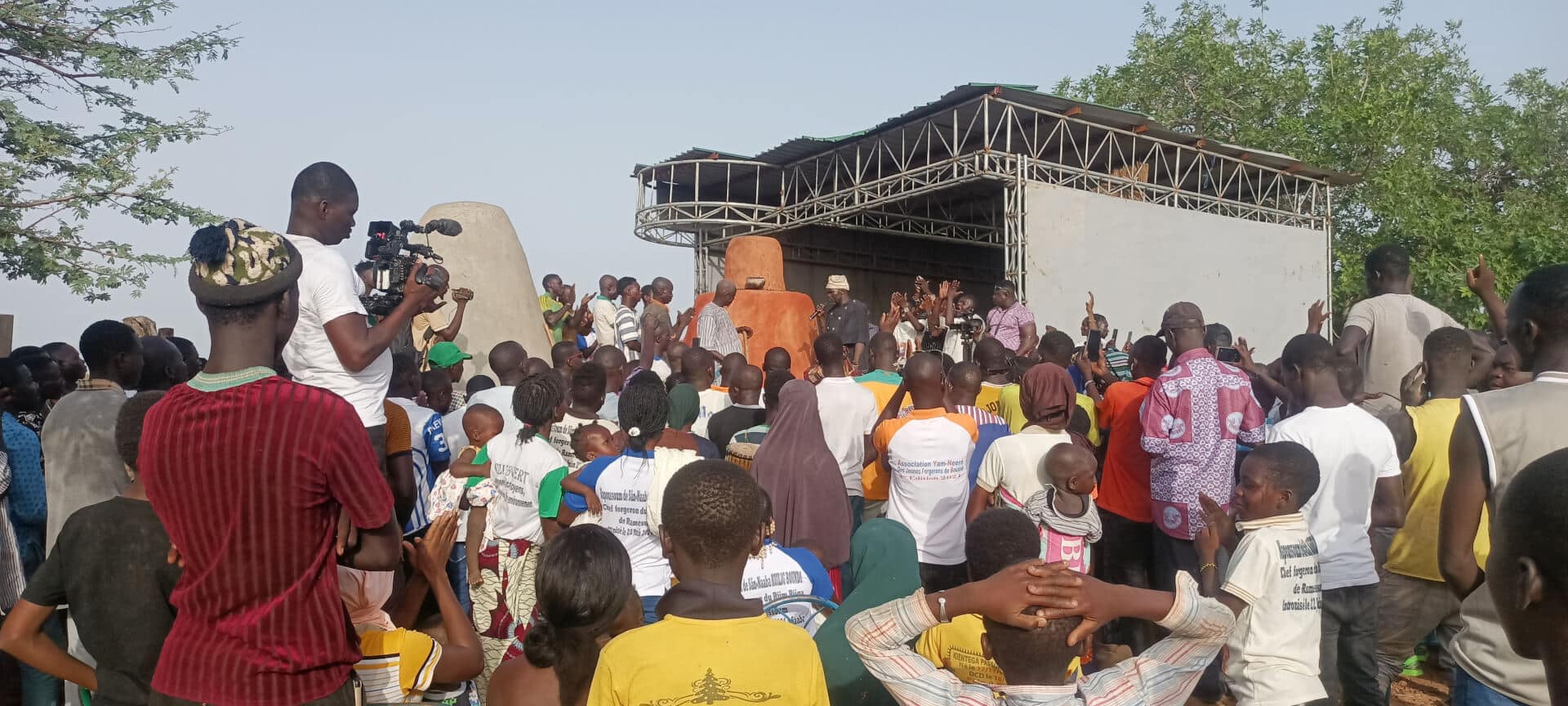
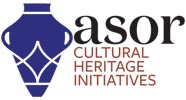
CHI Update: Collaborative Heritage Education to Overcome Community Stigmatization in Burkina Faso
By Darren P. Ashby | ASOR Cultural Heritage Programs Manager
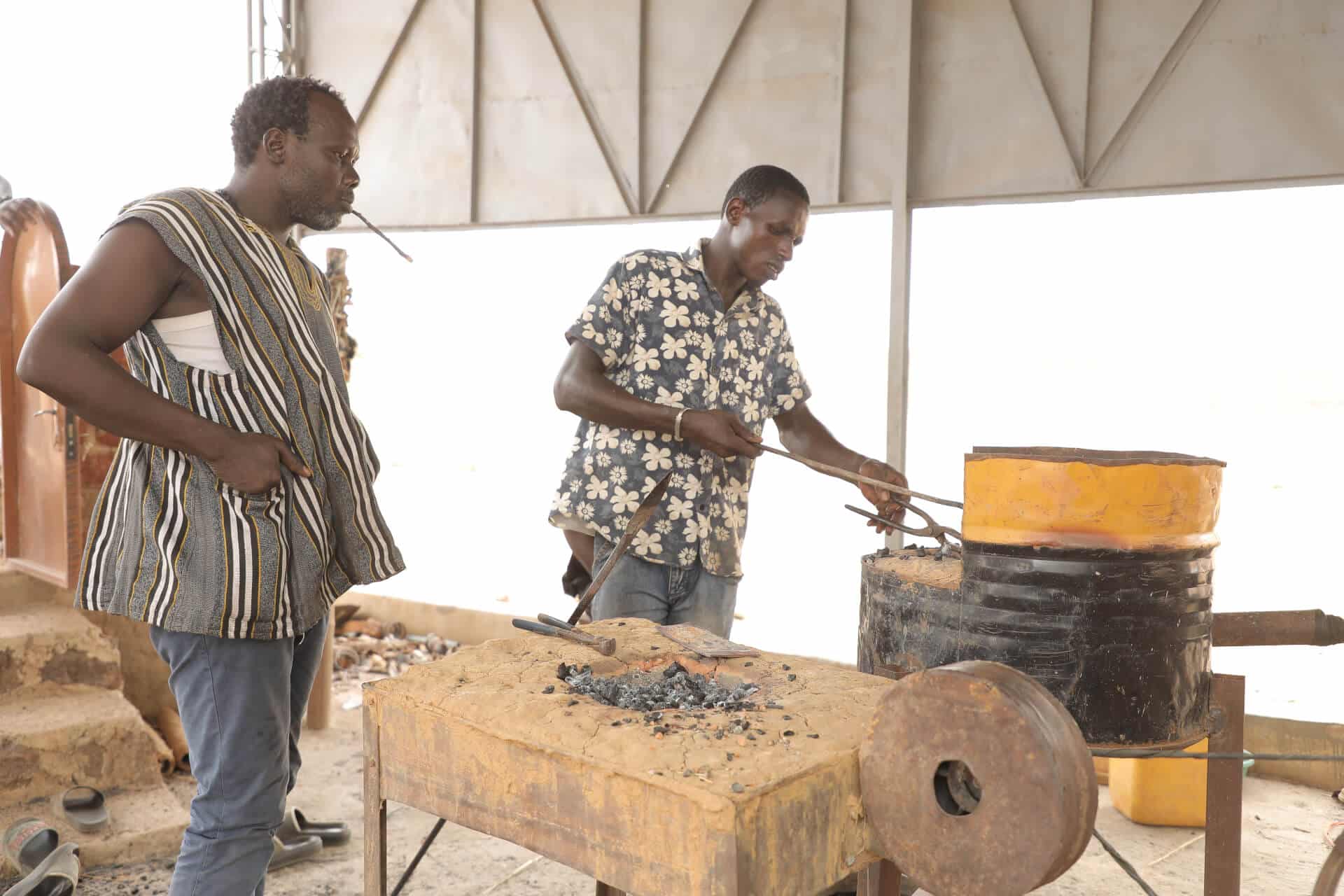
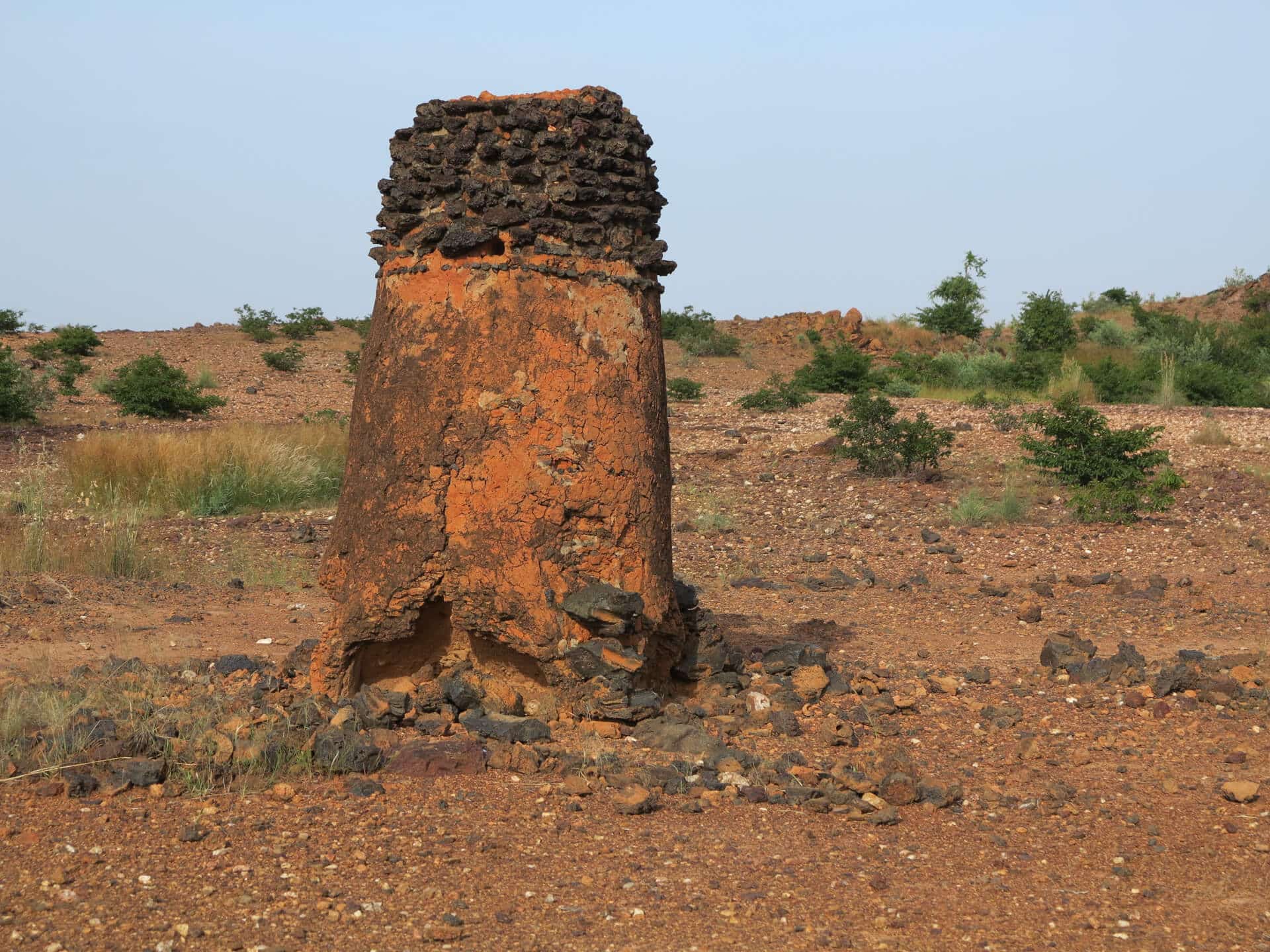
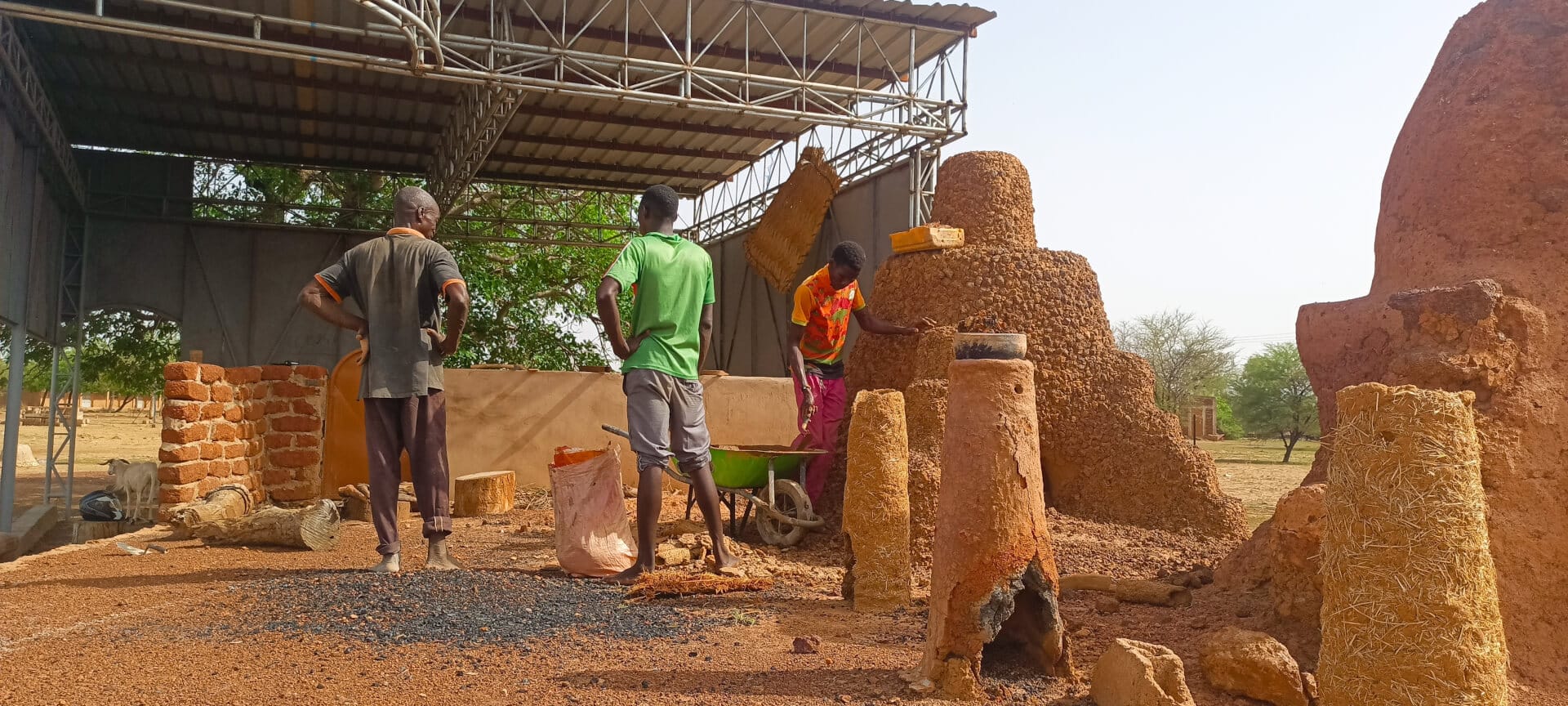
“The information that I was given about these communities helped to lift the veil on their stigma and shed light on traditions that were circulated as being related to witchcraft. I am talking in particular about the blacksmiths that I feared because they were always presented to me as sorcerers. This event also allowed me to better understand the steps of building a furnace because I was always told that building a furnace followed mystical steps. People were afraid to approach it. During the construction, this allowed me to see that it is an operation that is based on scientific foundations based on mathematical calculations.”
“The participation of the blacksmiths helped to break this taboo around their profession and allowed us to better understand other communities. This will allow future events to strengthen this understanding and these links woven during this present event. I, as a blacksmith, will now be ready to provide my support to any future intercommunity activity.”
